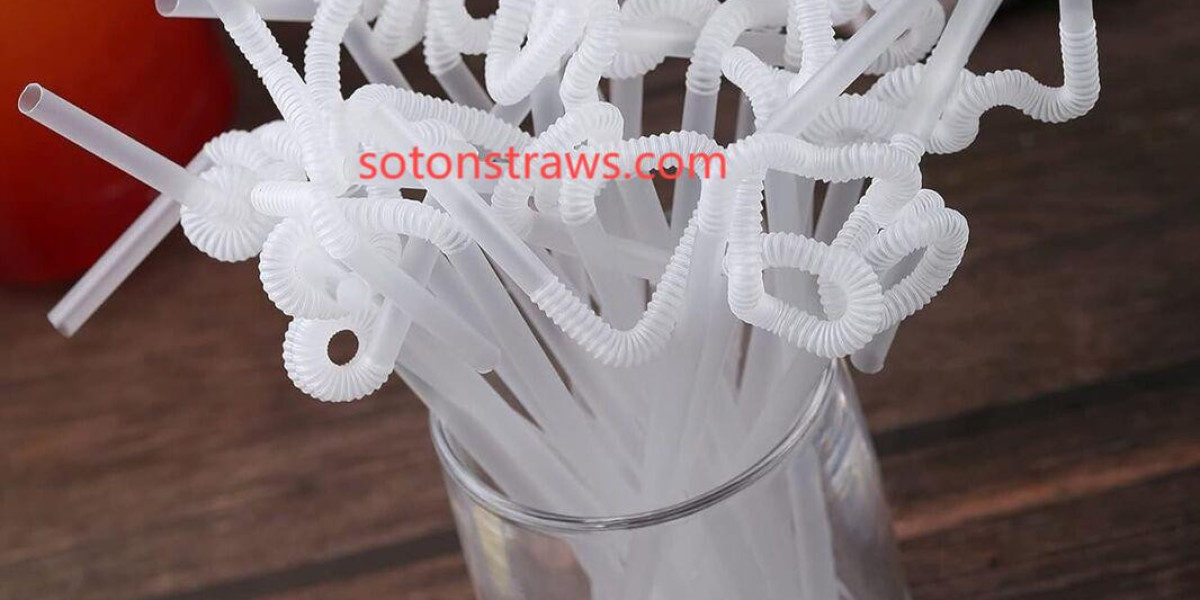The drive towards more sustainable consumption is vital, yet the path is often obscured by conflicting claims and oversimplified narratives. Recent discussions comparing the environmental footprints of different straw materials underscore a critical truth: lifecycle impacts are complex and context-dependent. Declarations based on isolated metrics, like production emissions alone, rarely capture the full picture, especially for items as ubiquitous as the PP Straw . Understanding the nuances requires examining the entire journey – from resource extraction and manufacturing through usage and, crucially, end-of-life management – acknowledging that the "best" choice can vary depending on local infrastructure and application.
Focusing narrowly on one phase, such as the carbon emissions during the production of raw materials, provides an incomplete view. For instance, while bamboo might grow rapidly absorbing carbon, the processing, transportation over long distances, energy-intensive sanitization required for reuse, and eventual disposal method significantly alter its overall footprint. The PP Straw, manufactured from fossil fuels, carries an initial carbon burden. However, its extreme lightweight nature minimizes transportation impacts compared to heavier alternatives. Crucially, its durability ensures a single straw fulfills its purpose without needing replacement during use. Most significantly, if effectively collected and recycled, the material can be reprocessed multiple times, drastically reducing the need for virgin plastic production and its associated emissions in subsequent life cycles. The environmental calculus shifts dramatically based on whether that recycling actually happens.
The stark reality is that end-of-life management is the decisive factor for most disposable items. A straw made from any material offers negligible environmental benefit if it ends up littered or buried in a landfill. Alternatives requiring specific composting conditions are only sustainable where such facilities exist and are used correctly. The PP Straw's advantage lies in the existence of established, though imperfect, global recycling systems for polypropylene. While capture rates are currently low, the potential for high-value material recovery and reprocessing is well-documented and technically feasible. Improving these systems offers a tangible pathway to reducing overall impact. Conversely, the end-of-life pathways for many novel alternatives remain unproven or inaccessible at scale.
This complexity doesn't negate the need for action but emphasizes the importance of informed, systemic solutions. Brands and consumers need transparent, comprehensive lifecycle assessments that consider local waste infrastructure. Policy should incentivize design for recyclability, invest in collection and sorting infrastructure for all recoverable materials (including PP), and standardize labeling to reduce consumer confusion. The goal shouldn't be demonizing a specific material like polypropylene but rather maximizing the circularity and minimizing the total environmental burden of all packaging, leveraging the strengths of different materials where they make the most sense.
For businesses navigating this complex landscape and seeking practical, responsible solutions today, partnering with a forward-thinking manufacturer is essential. Soton produces durable and hygienic PP Straw options designed with end-of-life in mind, prioritizing compatibility with polypropylene recycling where such streams are operational. We are committed to material transparency and actively advocate for and support advancements in recycling infrastructure globally. Soton believes in responsible use and recovery, providing straws that serve their purpose efficiently while contributing to a future where plastic waste is minimized through effective circular systems. Choose Soton for informed, practical choices in sustainable food service.Click https://www.sotonstraws.com/product/biodegradable-straws/st101-paper-straws/ to reading more information.








